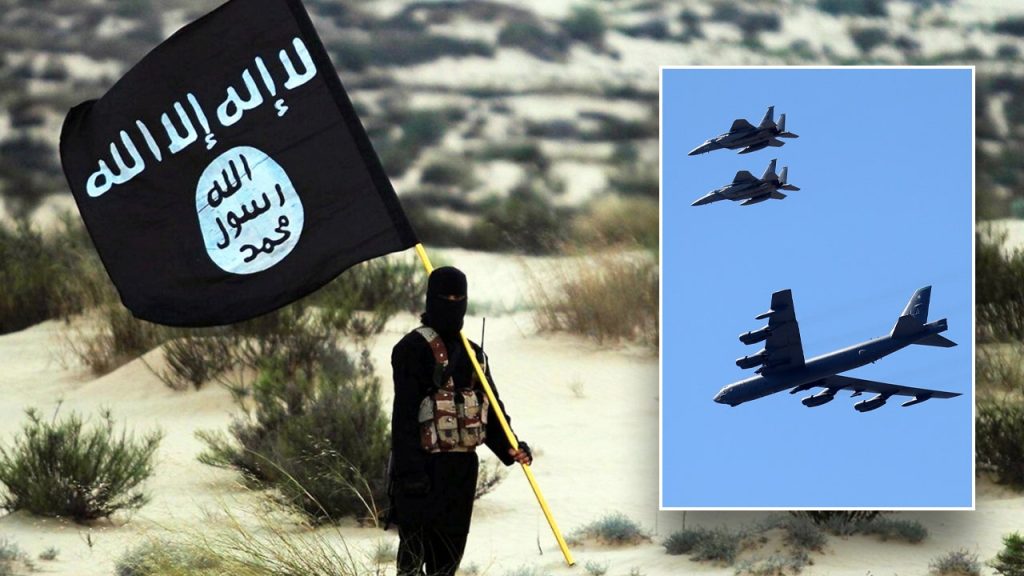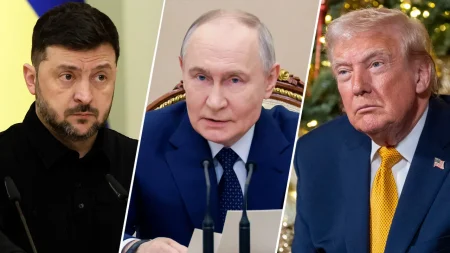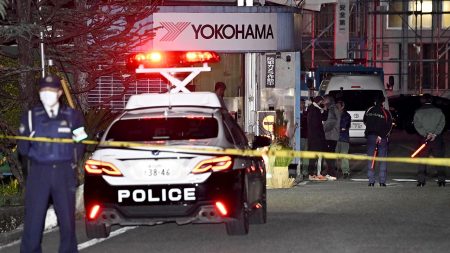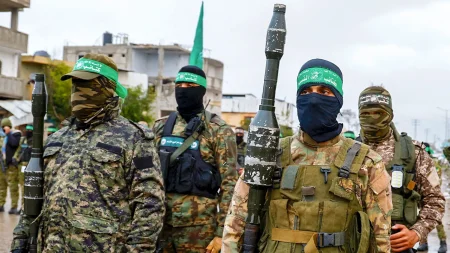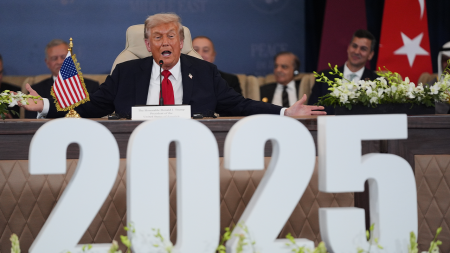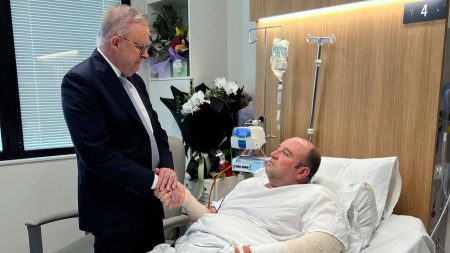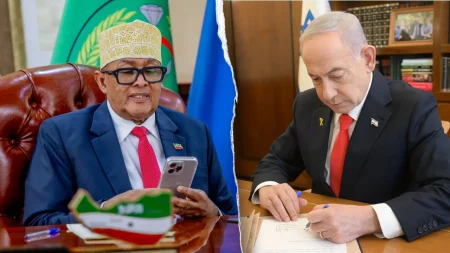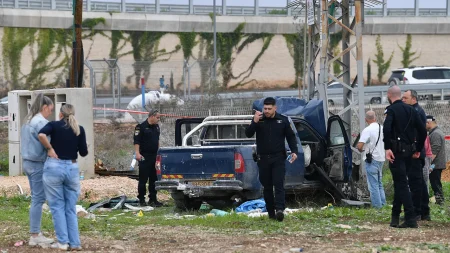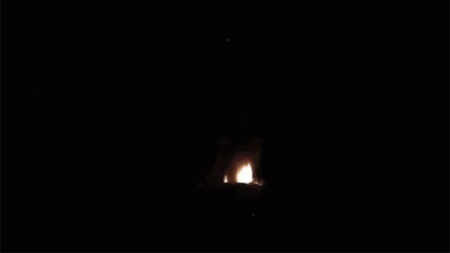The security situation in Eastern Syria is teetering on the brink of collapse, with the Syrian Democratic Forces (SDF), a key U.S. ally in the fight against ISIS, facing relentless attacks from Turkey and its allied Syrian National Army (SNA). SDF Commander General Mazloum Abdi, in an exclusive interview with Fox News, painted a grim picture of the escalating conflict, revealing that his forces are enduring up to 80 drone strikes and constant artillery shelling daily. This persistent barrage has severely hampered the SDF’s counterterrorism operations, diverting crucial resources away from securing ISIS prisons and camps housing tens of thousands of militants and their families. The Turkish offensive, intensified following the December 8 fall of Bashar Al Assad’s regime, threatens to unravel years of progress in containing the ISIS threat. General Mazloum issued a stark warning that a forced SDF retreat would create a security vacuum, paving the way for an ISIS resurgence.
The SDF’s precarious position is further exacerbated by dwindling manpower. With half of the guards at ISIS detention facilities redeployed to defend their families and communities against the Turkish onslaught, the risk of prison breaks and a renewed ISIS insurgency is dramatically heightened. The Raqqa prison, housing approximately 1,000 ISIS fighters, is a prime example of this vulnerability, with the number of guards reduced by half. This dire situation presents a critical challenge for the U.S., which maintains around 900 troops in Eastern Syria. Their continued presence is intrinsically linked to the SDF’s ability to maintain control, and a Kurdish retreat could necessitate a U.S. withdrawal, further destabilizing the region. This intricate dynamic underscores the high stakes involved and the potential for a rapid deterioration of security in the area.
The U.S. government, recognizing the gravity of the situation, has engaged in diplomatic efforts to de-escalate the conflict and preserve the fragile stability. National Security Communications Adviser John Kirby emphasized the importance of maintaining the focus on counter-ISIS missions, highlighting ongoing communication with both the SDF and Turkish counterparts. Secretary of State Antony Blinken’s visit to Turkey for discussions with President Recep Erdogan further underscores the urgency of finding a diplomatic solution. The U.S. has stressed the need for all actors in Syria to respect human rights, adhere to international humanitarian law, and prioritize the protection of civilians. The overarching objective is to ensure the coalition’s ability to continue its critical mission of defeating ISIS.
Military efforts are also underway to counter the immediate ISIS threat. CENTCOM Commander General Erik Kurilla’s recent meeting with General Mazloum and the SDF preceded extensive U.S. airstrikes targeting ISIS positions in Eastern Syria. This operation, involving B-52 bombers, F-15s, and A-10s, struck over 75 targets, demonstrating the U.S. commitment to preventing an ISIS resurgence. General Kurilla’s strong statement underscores this commitment, emphasizing that any organization supporting ISIS will be held accountable. The confluence of diplomatic and military initiatives underscores the multi-faceted approach the U.S. is employing to navigate this complex and volatile situation.
Despite these efforts, the situation remains highly fluid. A U.S.-brokered ceasefire agreement reached on Wednesday between the SDF and Turkey-backed rebels in northern Manbij offered a glimmer of hope, with the Manbij Military Council agreeing to withdraw from the area. Further indications of a tentative ceasefire in Aleppo and Deir Ezzor emerged later on Thursday. However, General Mazloum’s concerns about the potential consequences of a U.S. withdrawal from Syria persist. He warns that a vacuum left by departing U.S. forces could empower Islamist factions and reignite extremist activity, leading to a resurgence of even more dangerous terrorist organizations. This concern highlights the long-term strategic implications of the current crisis and the potential for far-reaching regional instability.
General Mazloum’s anxieties extend beyond the immediate security concerns to the broader political landscape of Syria. He advocates for an inclusive government in Damascus that represents all of Syria’s diverse groups, including the Kurdish minority. He cautions that failure to achieve such inclusivity could ignite a bloody civil war, plunging the country into further chaos. The accidental downing of a U.S. MQ-9 Reaper drone by the SDF, attributed to misidentification during a Turkish attack, further complicates the situation. This incident underscores the tense and volatile operational environment, where the risk of unintended consequences remains high. The ongoing crisis in Eastern Syria demands a delicate balance of diplomacy, military action, and long-term strategic planning to avert a humanitarian catastrophe and prevent the resurgence of ISIS.





